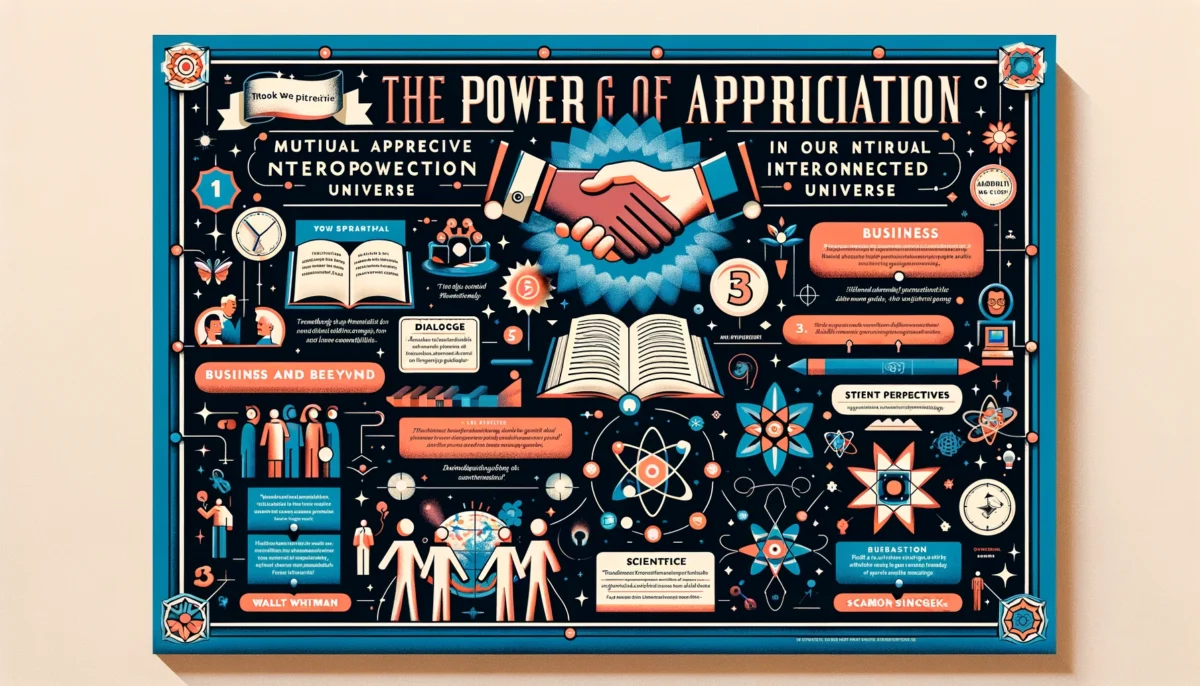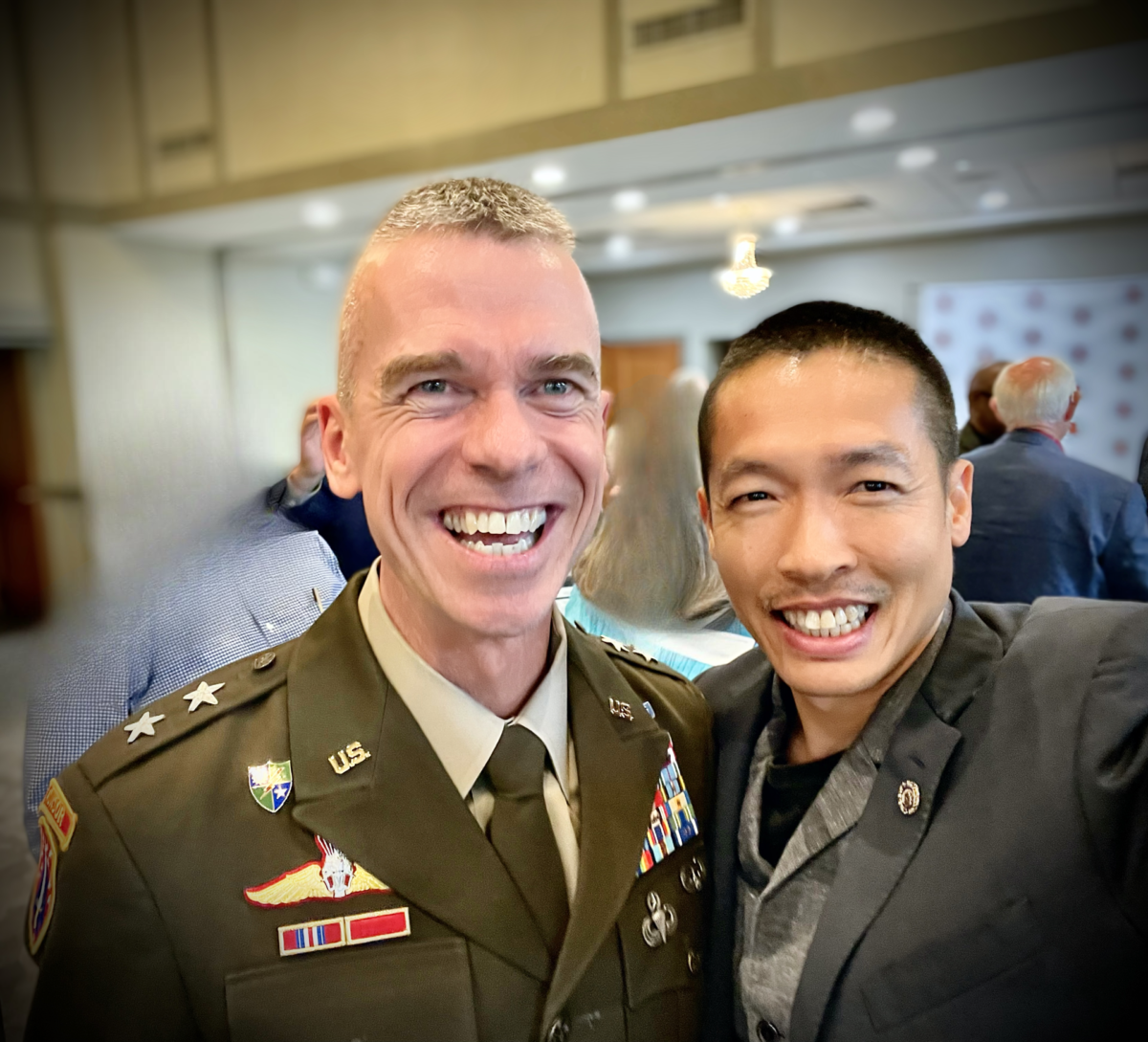In the hustle of modern life and the competitive world of business, it’s easy to overlook the fundamental human values that enrich our lives. Di Tran, an accomplished author and successful small business owner, advocates a powerful mantra: “Always start with empathy, love, and care for each other.” This philosophy, he believes, is not just the key to personal happiness but also a pivotal factor in business success.
The Role of Empathy in Business and Life
Empathy, the ability to understand and share the feelings of others, is more than just a social skill. It’s a bridge that connects individuals, fostering a sense of community and mutual understanding. In the business world, empathy translates to understanding customer needs, empathizing with employee challenges, and building relationships based on trust and mutual respect. This connection leads to more meaningful interactions, loyal customers, and a positive workplace environment.
Love as a Guiding Principle
Love in this context goes beyond the romantic notion. It’s about cultivating a passion for what you do and showing genuine care for the people around you. Di Tran’s approach to love in business is about creating value with a sense of purpose and passion. This love for one’s work and for the people involved creates a contagious energy that can motivate teams, attract customers, and create a loyal following.
The Importance of Care
Caring in business is often undervalued, yet it’s a crucial component of long-term success. It means going the extra mile for your clients, taking care of your employees, and paying attention to the small details that matter. It’s about creating a culture where people feel valued and respected, which in turn leads to higher productivity and a more harmonious work environment.
Integrating These Values in Everyday Life
Di Tran’s philosophy extends beyond the confines of business. Integrating empathy, love, and care into everyday life can lead to a more fulfilling and joyful existence. It’s about being present in your relationships, listening actively, and showing kindness and understanding in all interactions.
Challenges and Rewards
Adopting this approach isn’t without its challenges. It requires a shift in mindset, especially in a business world often driven by profit and competition. However, the rewards are manifold. Businesses that operate with empathy, love, and care tend to have more engaged employees, satisfied customers, and a positive public image. On a personal level, living by these values can lead to deeper connections, personal growth, and an overall sense of well-being.
Conclusion
Di Tran’s message is clear and profound: embracing empathy, love, and care in all facets of life isn’t just a noble path but a practical one for achieving success and joy. In a world often marked by indifference and detachment, these values stand as beacons of hope and guiding principles for a fulfilling life and a successful business. As we navigate the complexities of the modern world, let us remember that at the heart of every interaction, every decision, and every relationship, should be empathy, love, and care.





